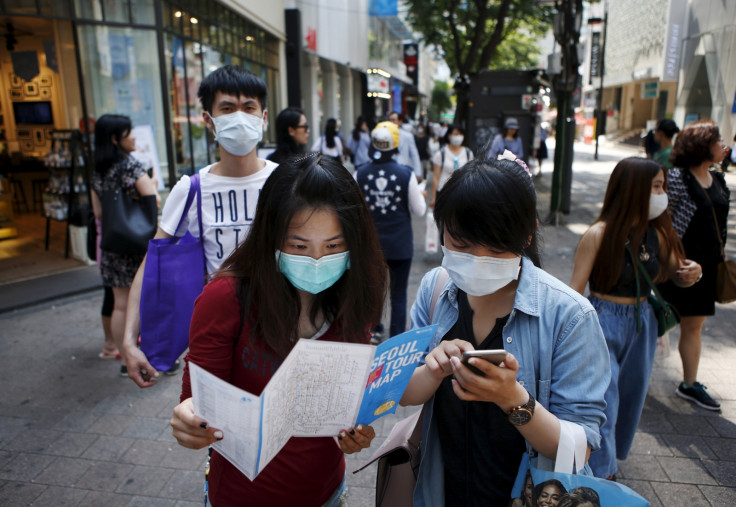MERS outbreak expected to hit South Korea's tourism and banking sectors

Despite being in its early stages, the Middle East Respiratory Syndrome (MERS) is expected to hurt the South Korean economy significantly with impacts on a number of industries.
The viral illness could negatively affect the country's travel and tourism as well as retail and banking sectors primarily, according to Bloomberg analysts.
Consumption of goods and services is likely to decline as locals stay home and visitors delay travel plans to the country, dampening hopes of an economic recovery, the news agency reports.
The outbreak could limit inbound and outbound trips, as citizens are advised against travelling. Neighbouring travel destinations such as Hong Kong, Macau and Taiwan have already issued alerts.
South Korea's hotel revenue per available room, which fell 5% in April from last year, could decline further with occupancy remaining weak.
Meanwhile, the profits of South Korean retailers could fall as much as 60% if MERS lingers or worsens over several months, according to the Bloomberg analysts. Luxury goods sales growth may stall with fewer tourist arrivals, amid rising warnings from other countries.
Spending on hotel dining would come down, as people eat at home rather than gather in public places, while spending on beverages and food at grocery and convenience stores would increase.
In addition, transactions at the nearly 2,000 Seoul bank branches would come under pressure as Koreans would avoid gathering in enclosed areas. This would lead to slower growth in personal loans and deposits.
Hong Kong suffered a 0.6% decline in gross domestic product at the height of the SARS outbreak in the second quarter of 2003. The epidemic led to a 68% drop in arrivals to the city and prompted residents to cut Macau visits by 33%.
South Korea has so far reported 11 deaths due to the virus outbreak that started in May.
The country's central bank earlier cut the key interest rate to a record low of 1.5% over the outbreak.
© Copyright IBTimes 2025. All rights reserved.






















